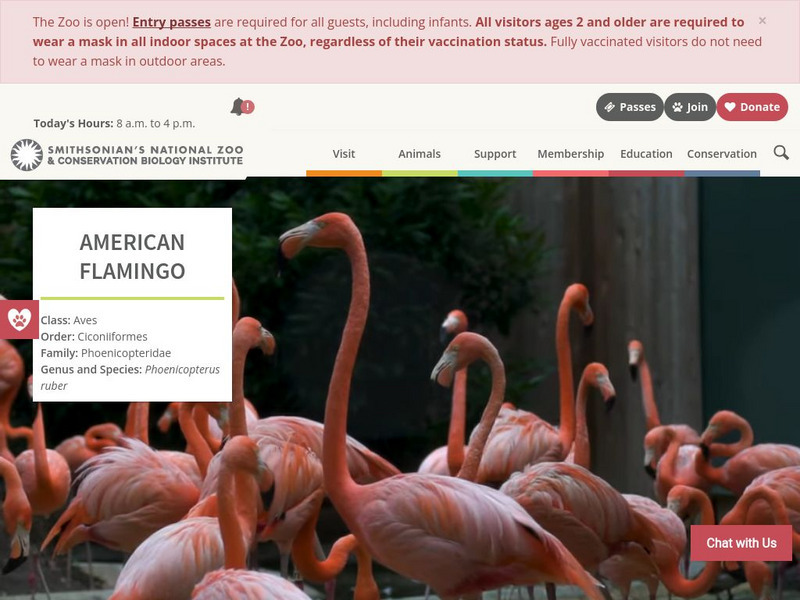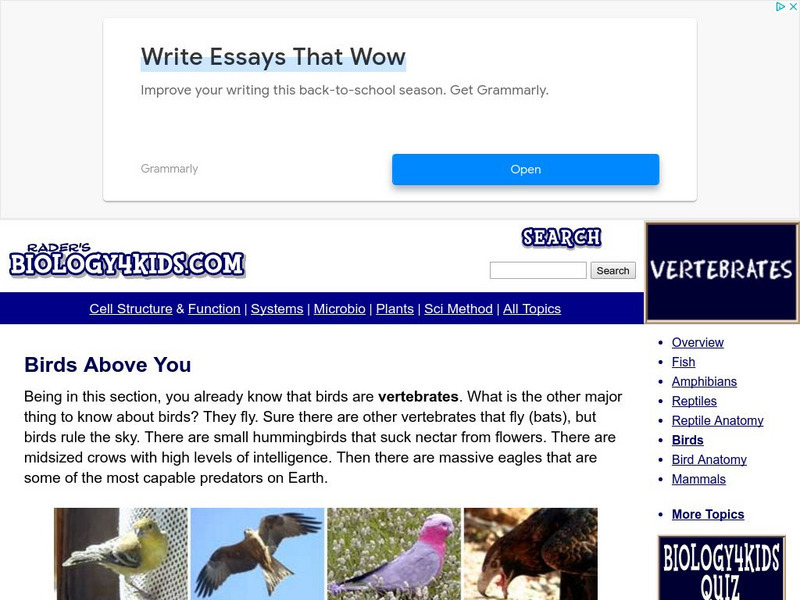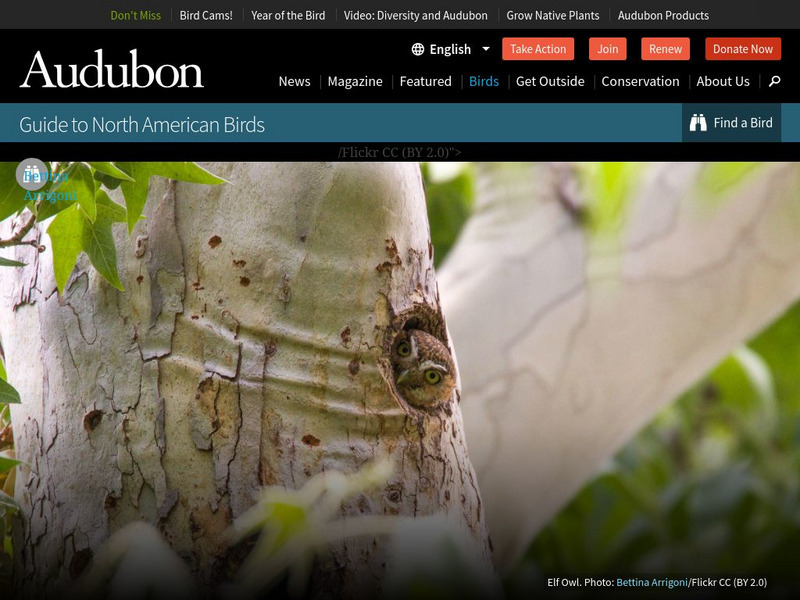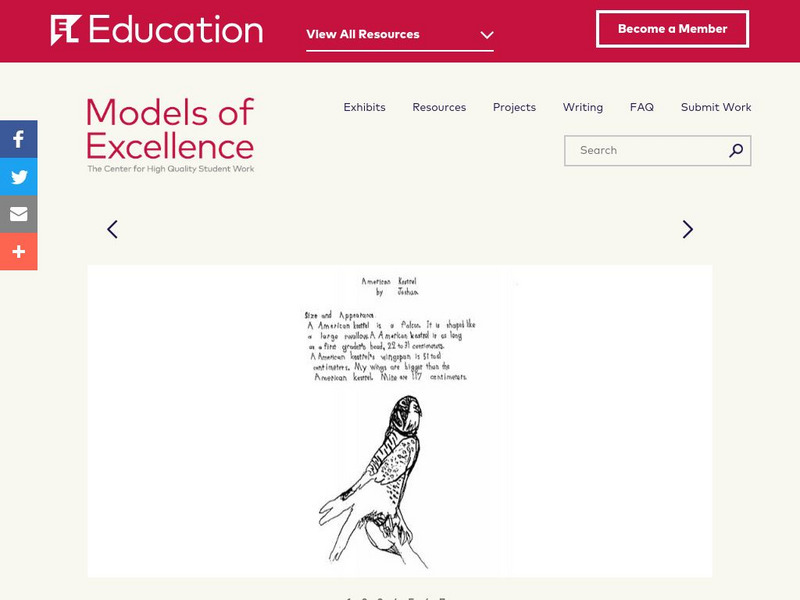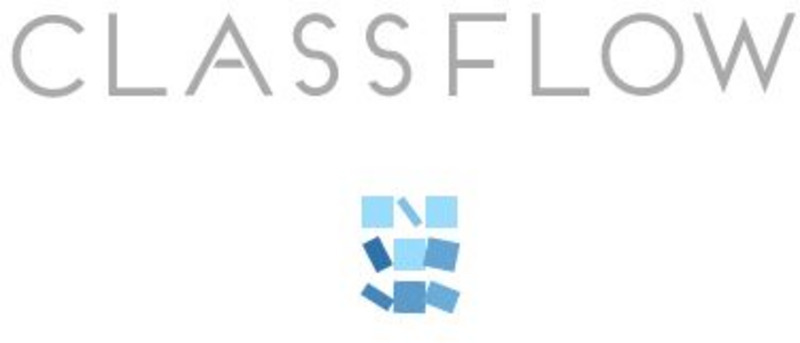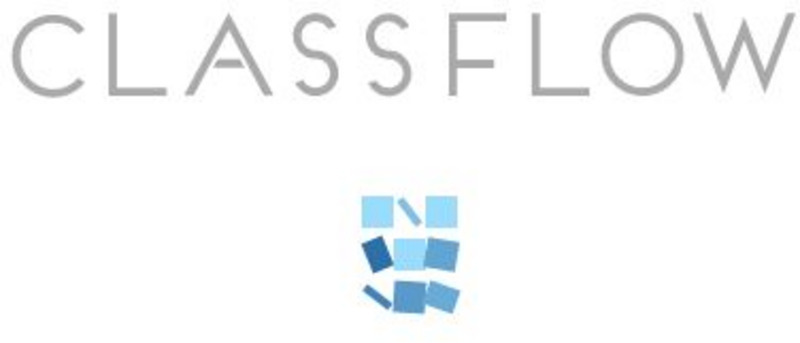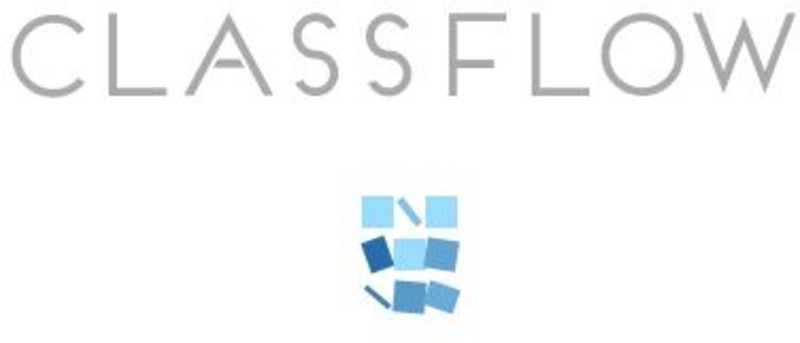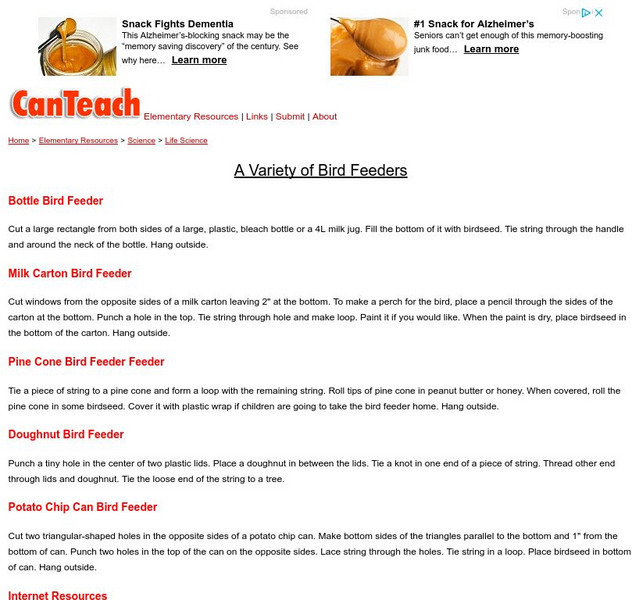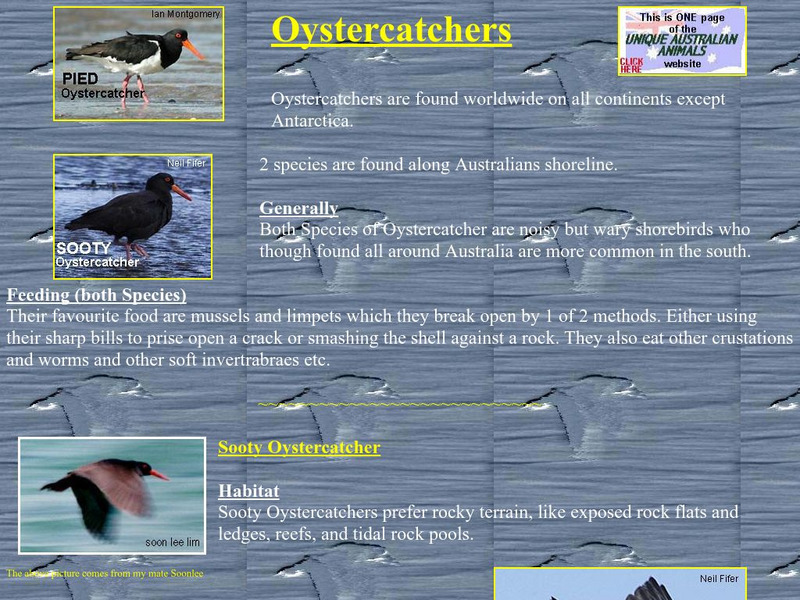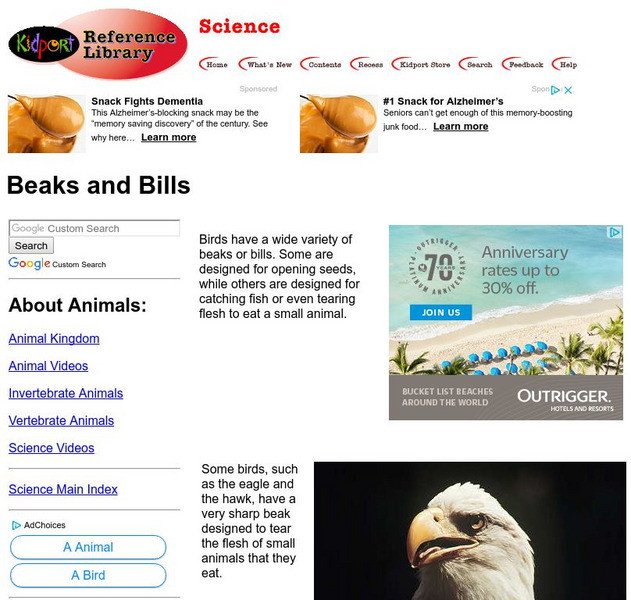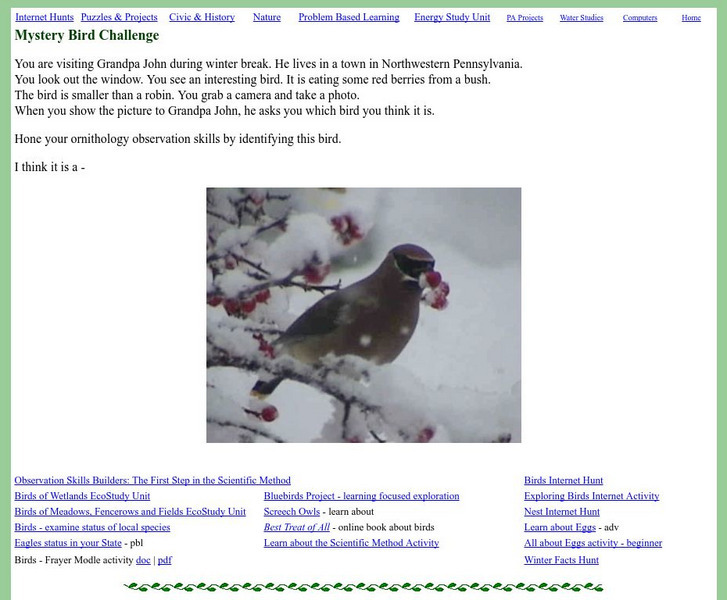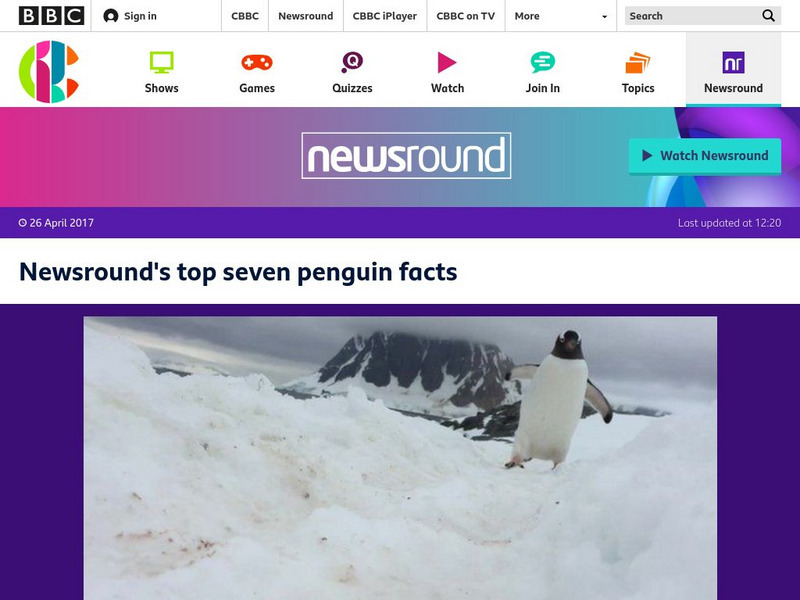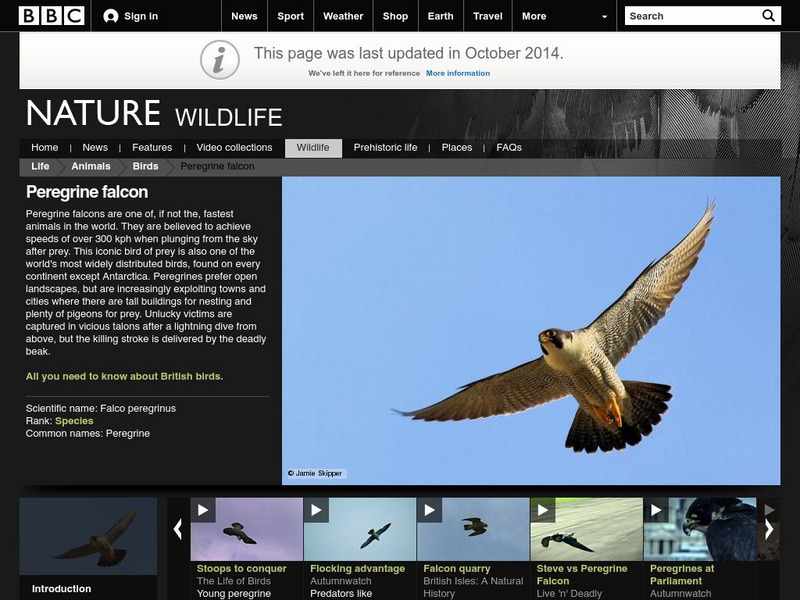Hi, what do you want to do?
Annenberg Foundation
Annenberg Learner: Journey North: Barn Swallows
An informative article that lists numerous facts about the Barn Swallow. In addition, there are lessons that can be used in the classroom. Migration and annual cycle are also covered.
Smithsonian Institution
Smithsonian National Zoo: Flamingo Cam
The National Zoo features a selection of live animal cams including a live animal cam of the zoo's flamingo flock. In addition to the live cam, this site features information and pictures of other bird life at the zoo.
University of Florida
Baldwin Library: Alphabet of Birds by Mc Loughlin Bros.
This is an online photocopy of the original text of the children's book Alphabet of Birds by McLoughlin Bros. (c1885), a picture book of birds for each letter of the alphabet.
Biology 4 kids
Biology4 Kids: Birds Above You
A resource for young researchers to discover a brief history of birds and how they adapted to their environments.
National Audubon Society
Audubon: Elf Owl
This resource provides a description of the elf owl includes identification, distribution, ecology, threats, and conservation efforts.
EL Education
El Education: Bird Cards
This set of note cards was created by kindergarten students from the Anser Public Charter School in Boise, Idaho, as part of a year-long Learning Expedition on birds. Each student became a specialist in his or her specific species of...
EL Education
El Education: Rmsel Birds: A Neighborhood Guide
Students complete fieldwork and research on different types of local birds to complete a field guide. The guide provides information and illustrations for each bird along with a focus on the type of feet the birds have and the various...
Smithsonian Institution
Smithsonian National Zoo: Meet Our Animals
This site from the National Zoological Park provides extensive information about many types of animals. Just click on the category you need. Includes pictures and live web cams.
Cornell Lab of Ornithology
Cornell Lab of Ornithology: Test Your Bird Brain
Have fun with this interactive site by trying to identify birds. Birds are presented on video, you provide the identification, and immediate feedback is given.
ClassFlow
Class Flow: Vertebrate Flipchart
[Free Registration/Login Required] This flipchart introduces students to vertebrates and provides pictures and information on the different types of vertebrates including their characteristics, their physical and environmental needs, and...
ClassFlow
Class Flow: Vertebrates and Invertebrates
[Free Registration/Login Required] Using this lesson the students will review the 2 groups of animals - vertebrates and invertebrates. They will be actively involved in classifying animals. An Activote assessment is also included.
ClassFlow
Class Flow: Birds
[Free Registration/Login Required] This flipchart is an integrated lesson on birds for science and math.
ClassFlow
Class Flow: Birds of Australia
[Free Registration/Login Required] This flipchart is an Interactive guide featuring images and information about some of the birds of the Australian Botanical Gardens and their bird calls.
ClassFlow
Class Flow: Classifying Critters
[Free Registration/Login Required] This flipchart helps students understand how to classify animals. There are 3 groups in this flipchart - reptiles, fish, and birds. Included in the flipchart are web links, Activote questions,...
Can Teach
Can Teach Lesson Plan: A Variety of Bird Feeders
In this lesson plan, students and teachers are given 5 different ways to make bird feeders.
Unique Australian Animals
Unique Australian Animals: Oystercatcher
At this site from the Unique Australian Animals you can click here for a simple, brief overview of the characteristics and lifestyles of the Oystercatcher.
Other
Basic Bird Care: Parrots Finches Canaries
This resource presents information explaining why birds make good pets and what's necessary to know and to do to take proper care of a companion bird.
Merriam-Webster
Merriam Webster: Dictionary Illustration: Bird
Labeled diagram of the parts of a bird.
Kidport
Kidport: Beaks and Bills
Birds have a wide variety of beaks or bills. Some are designed for opening seeds, while others are designed for catching fish or even tearing flesh to eat a small animal. Discover the dynamic uses of beaks and bills.
Cynthia J. O'Hora
Mrs. O's House: Mystery Bird Challenge
Exercise observation powers of students by showing this photo and having them research what type of bird it is.
BBC
Bbc Newsround: Newsround's Top Penguin Facts
Article briefly presents five important facts about penguins.
BBC
Bbc: Nature Wildfacts: Peregrine Falcon
This resource provides information about Peregrine falcons.
Ducksters
Ducksters: Birds for Kids
Kids learn about birds and their habitats and different types. What makes an animal a bird? How do they fly?






